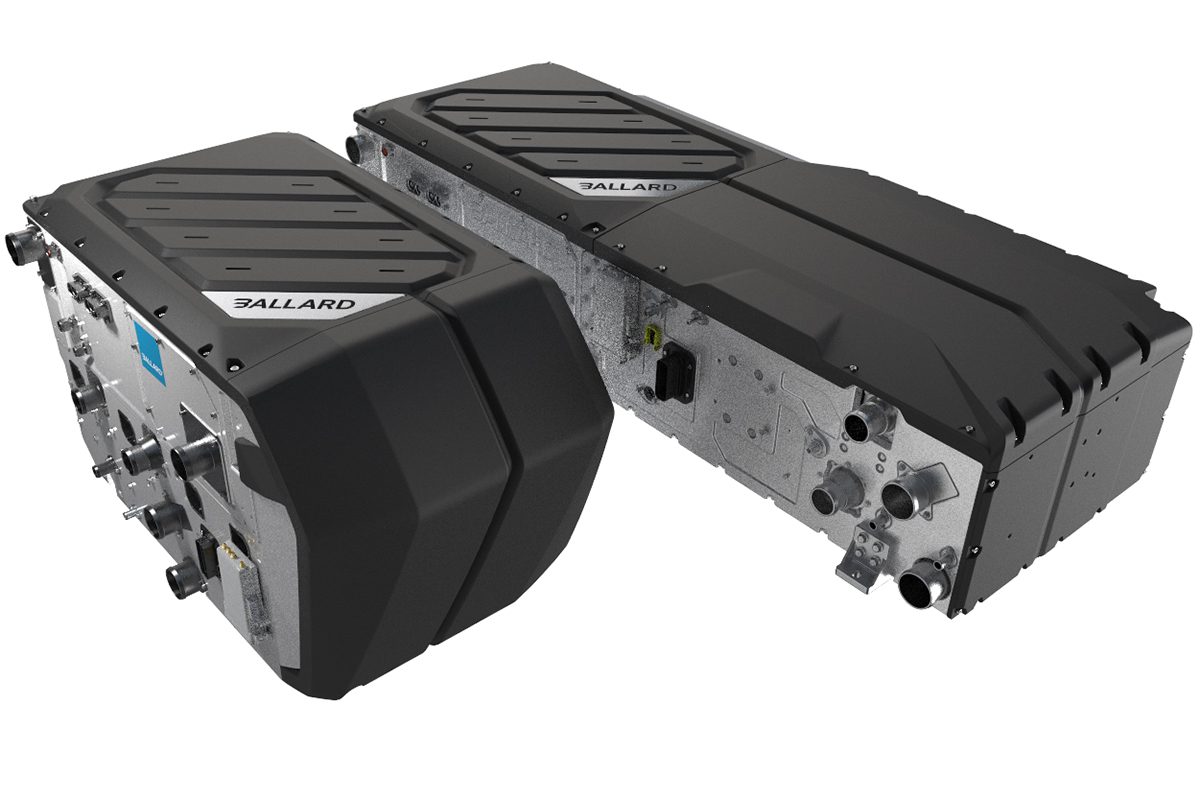Sponsored by

We need to achieve net-zero emission by 2050, if we are to reduce the impacts of climate change that we already see happening and decrease the air pollution that poses a serious climate and public health issue. This will require deep cuts in GHG emissions, especially within the transport sector, which is responsible for 24% of direct CO2 emissions from fuel combustion.
As heavy-duty vehicles have a disproportionately higher contribution to air pollution, the sector is facing pressure to reduce emissions — fuel cells are a smart solution to achieve zero-emission mobility, and this technology will play a key role in decarbonizing the heavy-duty transportation sector.
Fuel cell electric buses and trucks fueled with hydrogen offer one-to-one replacement of diesel fleets with complete route flexibility, no compromise on payload, short refueling time, and similar depot space utilization. Currently, hydrogen fuel cell electric buses and trucks are being deployed all over the world — there are more than 8,000 fuel cell buses and trucks in operation worldwide today, 3,500 of which are powered by Ballard technology.
Ballard’s motive modules for heavy-duty vehicles offer performance, durability, lifecycle cost savings, and improved overall road experience. We provide a full range of fuel cell engines to transition commercial vehicles to zero-emission mobility using our proven technology and experience. In 2019, Ballard brought to market the first product of our new FCmove™ heavy-duty platform with a 70kW fuel cell engine for urban transit buses and medium-duty trucks. Since then, 500 modules have been manufactured and are starting to power buses and trucks in Europe and China.
Now Ballard is expanding its growing product platform and introducing its new heavy-duty fuel cell module, FCmove™-HD+ — a major advancement in the competitiveness of fuel cell solutions. It demonstrates both our technology leadership and our expertise in designing high-quality fuel cell systems specifically for heavy-duty applications. The FCmove™ family of products are the culmination of more than eight generations of product development and lessons from more than 62 million operating miles in a wide variety of applications and climates.
With 100kW of hydrogen power, FCmove™-HD+ is a powerful module for buses and medium-duty trucks, designed to meet the requirements of commercial vehicle operators. It builds on everything Ballard has learned from the previous seven generations of designs and incorporates key technologies that we’ve been developing and testing for many years. The compact and innovative design will deliver the most reliable fuel cell engine on the market today.
Vehicle OEMs will benefit from a 44% smaller and 33% lighter product, enabling greater flexibility in commercial vehicle design. By reducing the volume and weight, Ballard has produced low-profile modules that are ready to install in tight spaces, like the rooftop or engine bay of a vehicle. Ballard has also prioritized reducing the total cost of ownership of the fuel cell products without compromising lifetime or performance — with fewer parts, more robust components, and less maintenance, we have achieved a 40% reduction of the FCmove™ product lifecycle cost.
The vehicle use case (speed, load, duty cycle) has a major impact on the fuel cell power requirement, and with the FCmove™ family of products, Ballard is now able to address different types of vehicle platforms. The products are also designed with a generation of more robust balance of plants components to improve reliability and to tolerate a wide range of operating conditions with freeze start from -25oc.
With more than 40 years of experience designing and implementing PEM fuel cell technology for vehicles, Ballard’s FCmove™ product range is the right choice for fleet operators seeking zero-emission solutions for mobility.
Watch this video to learn more about Ballard’s FCmove™ products.


